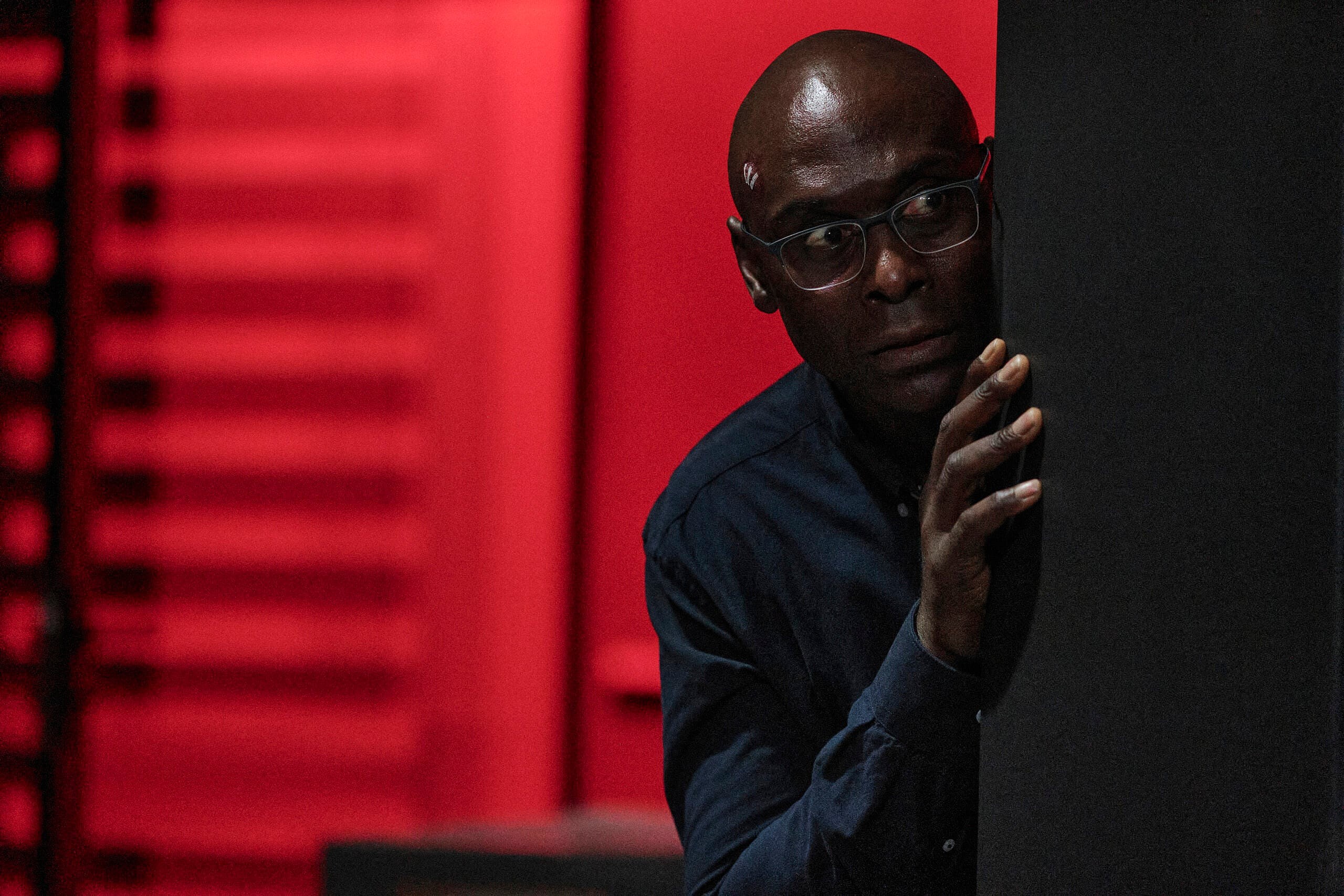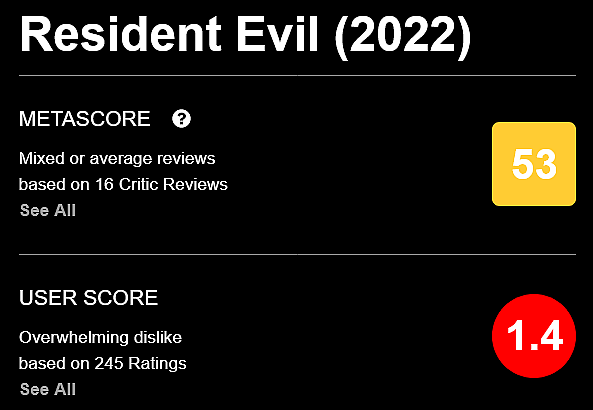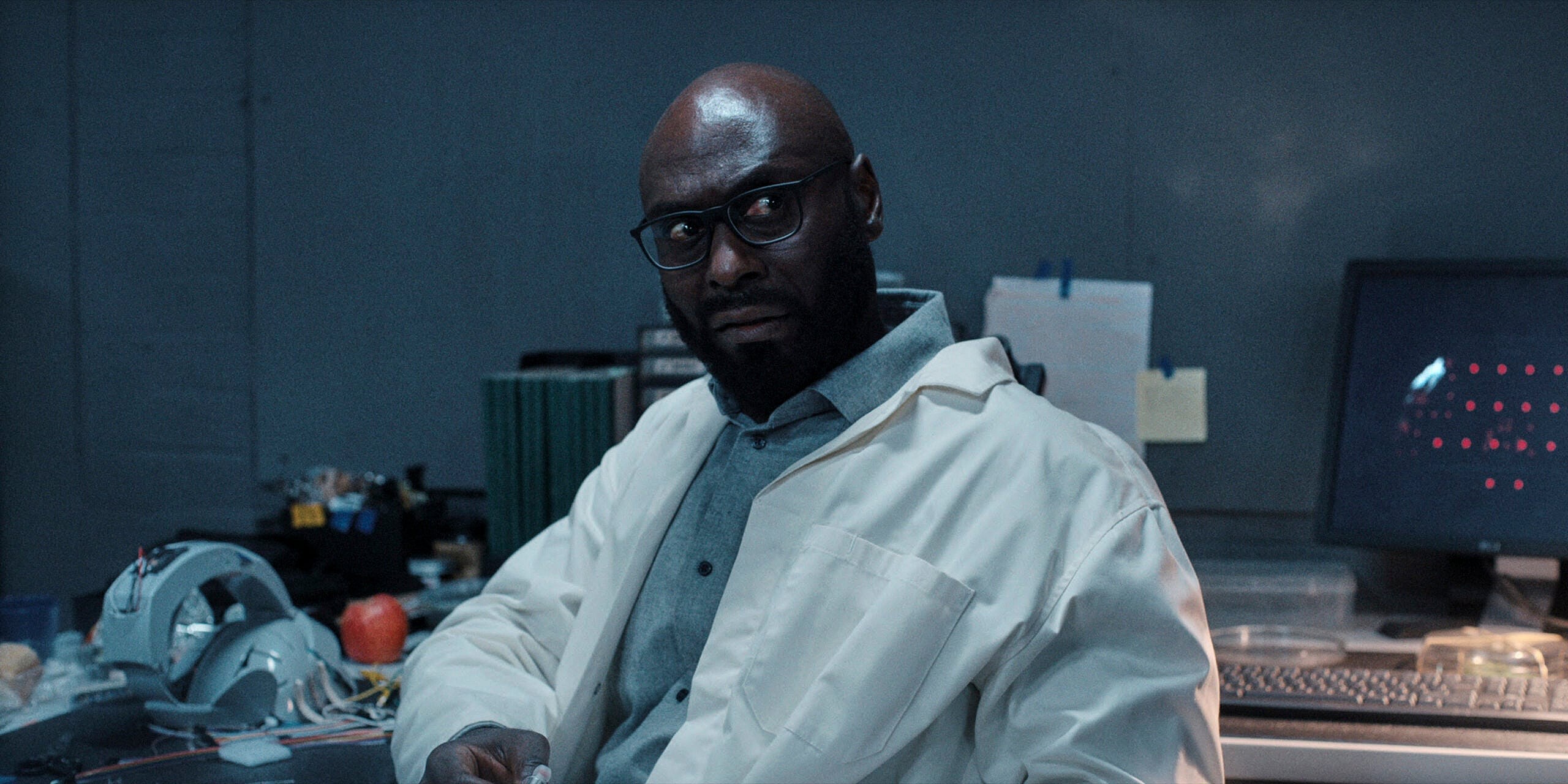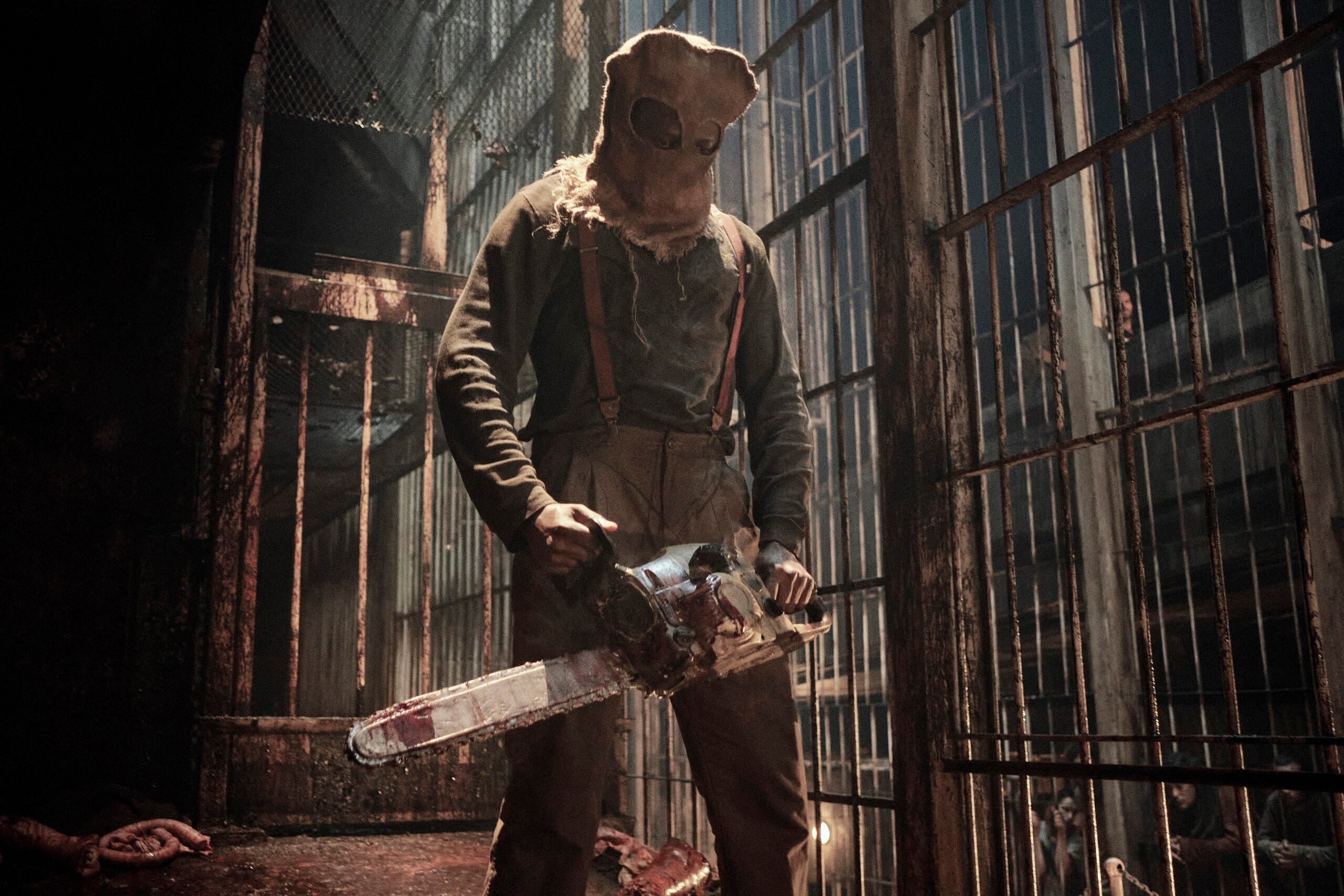Netflix Finds The Cure, Cancels Live-Action ‘Resident Evil’ Series After One Season

Following in the footsteps of the streamer’s bastardization of Cowboy Bebop, Netflix’s live-action Resident Evil series has been canceled after just one widely-panned season.

RELATED: Netflix’s Resident Evil Is The Biggest Disgrace To The Franchise So Far
Word that Netflix had gone for the headshot on their take on Capcom’s popular video game series was first broken on August 26th, courtesy of Deadline.
Coming just a month-and-a-half after its premiere, according to the trade news outlet’s sources, the decision was made based on their discovery that “the drama did not have a particularly strong showing on Netflix’s Top 10 and cost vs. viewing is the streamer’s leading renewal criterion.”

As explained by Deadline, though Resident Evil debuted in the wake of Stranger Things’ fourth season, Netflix had hoped that word of mouth would help contribute to an eventual surge in viewership for the fledgling action-horror series.
However, this was not to be, as the ‘Lance Reddick cosplaying as Blade’-led series fell out of the streamer’s Top 10 rankings after just three weeks, never to return.

Further, another notable factor in its cancellation was the fact Resident Evil also failed to find any love amongst viewers, both those who were fans of the original games and those who went into the series blind.
As of writing, the series currently holds a ‘Rotten’ score on review aggregate site Rotten Tomatoes, with an average 55% ranking from critics and a 27% from general audiences.

Likewise, sister review aggregator Metacritic holds a collective 53/100 from critics and a 1.4/10 from average viewers – the latter generated from a ratio of 26 positive reviews, 5 mixed, and 214 negative – for the Umbrella-level abomination.

Unrelated to either the previous Paul W.S. Anderson film series or 2021’s Welcome To Racoon City, Netflix’s Resident Evil told “a new original story in two timelines.”
“The first timeline begins when 14-year-old sisters Jade Wesker and Billy Wesker move to New Raccoon City,” explained Capcom (via machine translation provided by DeepL). “The Wesker sisters enjoy their youth in the wonderful man-made corporate city of New Raccoon City, but they gradually begin to realize the reality of the city and suspect that their father is hiding something. Little do they know that it is a dangerous secret that will lead the world to ruin…”

“The second timeline is a future world more than 10 years later,” the developer continued. “The number of human beings on the earth is now less than 15 million, and the T-virus has turned the Earth into a monster of more than 6 billion people and animals. In this new world, Jade, now 30 years old, fights for survival, but is also tormented by the secrets of her past surrounding her sister, her father, and herself.”

Notably, this cancellation comes despite showrunner Andrew Dabb’s assertion that the series was stronger for its refusal to make strict efforts to adhere to the original games’ canon, particularly in regards to its race-swapping of Albert Wesker.
Speaking to his choice to cast Lance Reddick as the iconic villain, Dabb explained to attendees at the series’ April press event, “I think when you are casting in the modern day and age, if you are limiting yourself based on, ‘Well, this character is blonde, so we gotta look at blonde actors,’ you’re gonna find yourself in a bad position.”

“When Lance was interested in doing the part, you’re not gonna find anybody better than him to play this character — both the dad part of the character and also the more corporate killer part,” he defended. “At that point, you’re making the show weaker by going with someone that may be more aesthetically a match to the game.”
“So, why would you weaken a show like that?” Dabb asked in conclusion. “It makes no sense to me, and luckily Netflix and Constantin [Film] as well were very much on board with that. The goal here is to do the strongest show.”

